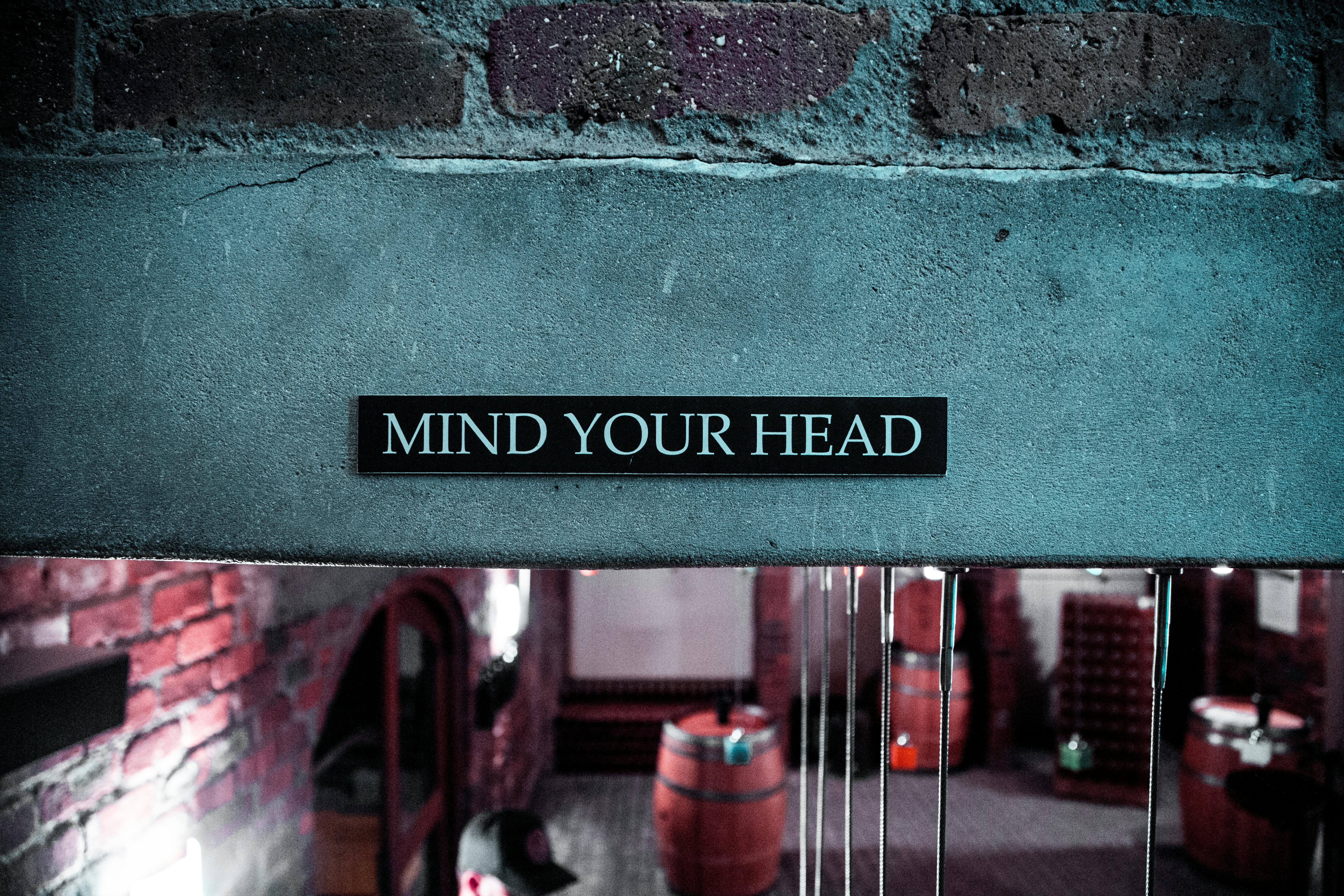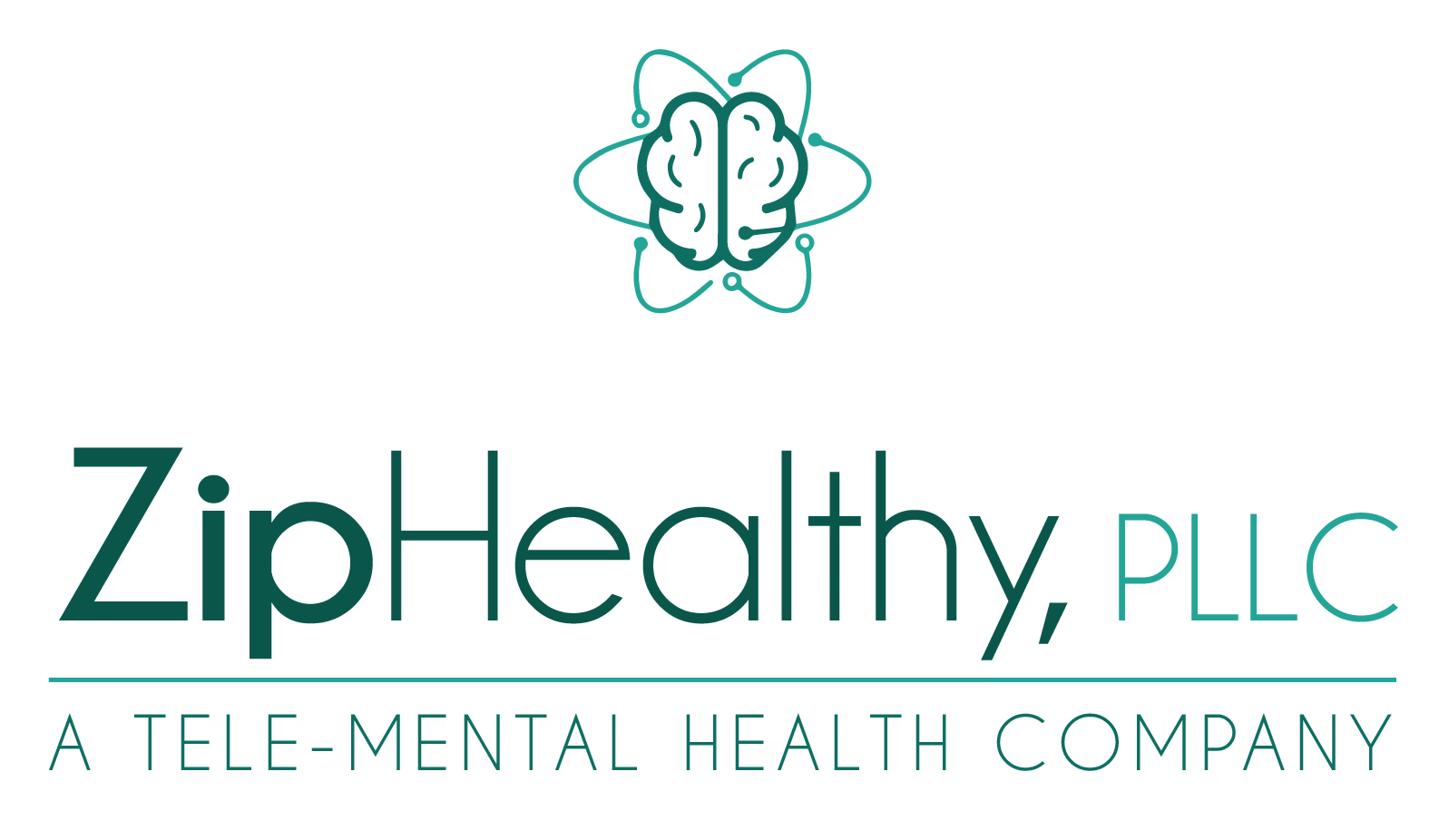Depression affects approximately 8.4% of adults in Northwest Arkansas, with many experiencing symptoms that significantly impact their daily lives. While several therapeutic approaches exist, Cognitive Behavioral Therapy (CBT) stands out as one of the most extensively researched and effective treatments for depression.
This article explores the science behind CBT for depression, its efficacy according to research, and how individuals in Bentonville, Rogers, and surrounding NWA communities can benefit from this evidence-based approach.
Understanding Cognitive Behavioral Therapy
Cognitive Behavioral Therapy is a structured, time-limited therapeutic approach that focuses on the relationship between thoughts, feelings, and behaviors. Developed in the 1960s by Dr. Aaron Beck, CBT is founded on the principle that our thoughts significantly influence our emotions and behaviors. For depression treatment, CBT targets the negative thought patterns that contribute to and maintain depressive symptoms.

Core Components of CBT for Depression
- Cognitive Restructuring - Identifying and challenging negative automatic thoughts and cognitive distortions that contribute to depression
- Behavioral Activation - Increasing engagement in positive, rewarding activities to counter depression's tendency toward withdrawal and inactivity
- Problem-Solving Skills - Developing structured approaches to address life challenges that may contribute to or result from depression
- Mindfulness Techniques - Learning to observe thoughts without judgment, reducing their emotional impact
- Relapse Prevention - Building skills to identify early warning signs and implement strategies to prevent depression recurrence
The Science Behind CBT's Effectiveness
Multiple meta-analyses and randomized controlled trials consistently demonstrate CBT's effectiveness for depression treatment. The American Psychological Association recognizes CBT as having strong research support for treating depression, and it's considered a first-line treatment in clinical practice guidelines.
Research-Backed Benefits
- Symptom Reduction - Research shows CBT typically leads to significant reductions in depressive symptoms, comparable to antidepressant medication for mild to moderate depression
- Long-Term Effects - Studies indicate CBT's benefits often continue after treatment ends, with lower relapse rates compared to medication-only approaches
- Neurobiological Changes - Brain imaging studies reveal CBT can normalize activity in brain regions associated with depression, particularly the prefrontal cortex and amygdala
- Effectiveness Across Demographics - Research demonstrates CBT's efficacy across age groups, genders, and cultural backgrounds when properly adapted
Struggling with Depression?
Our Bentonville-based therapists specialize in evidence-based CBT approaches for depression. We serve clients throughout Northwest Arkansas, including Rogers, Centerton, Cave Springs, and Pea Ridge.
Request a ConsultationHow CBT Works for Depression

CBT for depression typically involves 12-20 structured weekly sessions, though this can vary based on individual needs. Unlike some therapeutic approaches that focus primarily on past experiences, CBT emphasizes present challenges while acknowledging how past experiences shape current thought patterns.
The CBT Process for Depression
- Assessment and Goal Setting - Identifying specific depression symptoms, triggers, and establishing measurable treatment goals
- Psychoeducation - Learning about depression, the CBT model, and how thoughts influence mood
- Thought Record Keeping - Documenting negative automatic thoughts, associated emotions, and situational triggers
- Cognitive Restructuring - Learning to identify cognitive distortions (like catastrophizing, all-or-nothing thinking, or overgeneralization) and develop more balanced perspectives
- Behavioral Experiments - Testing negative predictions by taking small, structured actions and observing outcomes
- Activity Scheduling - Planning and engaging in pleasurable and mastery activities to counter depression's impact on motivation
- Skill Development - Building coping strategies, problem-solving techniques, and stress management skills
- Relapse Prevention - Creating a personalized plan to maintain gains and address early warning signs
Common Cognitive Distortions in Depression
People experiencing depression often engage in specific patterns of negative thinking. In Northwest Arkansas, CBT therapists help clients identify and challenge these common cognitive distortions:
- All-or-Nothing Thinking - "If I don't succeed completely, I'm a total failure."
- Overgeneralization - "I always mess things up. Nothing ever works out for me."
- Mental Filtering - Focusing exclusively on negative aspects while ignoring positives
- Discounting Positives - "That doesn't count because anyone could have done it."
- Jumping to Conclusions - Making negative interpretations without supporting evidence
- Catastrophizing - Expecting the worst possible outcome in any situation
- Emotional Reasoning - "I feel worthless, therefore I must be worthless."
- Should Statements - Rigid rules about how one "should" or "must" behave
- Personalization - Taking excessive responsibility for external events
CBT for Depression in Northwest Arkansas
In Bentonville, Rogers, and surrounding communities, licensed mental health professionals offer CBT tailored to the unique needs and challenges of Northwest Arkansas residents. Local therapists frequently address depression related to:
- Work-related stress in the region's corporate environment
- Adjustment difficulties for transplants to the rapidly growing NWA area
- Seasonal depression, which affects many residents during Northwest Arkansas winters
- Depression complicated by rural isolation in outlying NWA communities
- Cultural factors specific to the Southern and Midwestern influences in the region
Evidence-Based Depression Treatment in Bentonville
Our therapists provide CBT and other research-supported approaches for depression throughout Northwest Arkansas.
Learn About Our ApproachesIs CBT Right for Your Depression?
While CBT has strong research support, determining the best therapeutic approach requires professional assessment. CBT may be particularly beneficial if you:
- Find yourself caught in negative thought patterns
- Notice your depression is maintained by specific behaviors
- Prefer a structured, practical approach to therapy
- Want to develop concrete skills to manage symptoms
- Are motivated to complete between-session practice
CBT is often combined with other approaches, including medication when appropriate. For severe depression, a comprehensive treatment plan might include multiple modalities.
Preparing for CBT: What to Expect

When starting CBT for depression with a Northwest Arkansas provider, you can expect:
- Initial Assessment - A thorough evaluation of your symptoms, history, and goals
- Collaborative Approach - Working together with your therapist to establish treatment priorities
- Structured Sessions - Typically 45-60 minutes, with an agenda and specific focus areas
- Between-Session Practice - Homework assignments to reinforce skills learned in therapy
- Progress Monitoring - Regular assessment of symptom changes and treatment effectiveness
- Time-Limited Treatment - While individual needs vary, standard CBT for depression often spans 12-20 weeks
Conclusion: Evidence-Based Hope for Depression
Cognitive Behavioral Therapy offers a scientifically validated approach for depression treatment, helping thousands of Northwest Arkansas residents find relief from depressive symptoms. By targeting the thinking patterns and behaviors that maintain depression, CBT provides practical skills that extend beyond the therapy room.
At ZipHealthy, our team of licensed mental health professionals serving Bentonville, Rogers, Centerton, Cave Springs, and Pea Ridge offers specialized CBT for depression. We combine evidence-based approaches with a compassionate understanding of the unique challenges facing Northwest Arkansas residents.
References:
- American Psychological Association. (2023). Clinical practice guideline for the treatment of depression. American Psychologist.
- Beck, A. T., & Dozois, D. J. A. (2021). Cognitive therapy: Current status and future directions. Annual Review of Clinical Psychology, 17, 323-347.
- Cuijpers, P., et al. (2023). Psychotherapies for depression: A network meta-analysis covering efficacy, acceptability and long-term outcomes of all main treatment types. World Psychiatry, 22(1), 105-115.
- DeRubeis, R. J., et al. (2022). Cognitive therapy vs. medications for depression: Treatment outcomes and neural mechanisms. Nature Reviews Neuroscience, 23, 337-350.
- National Institute of Mental Health. (2024). Depression: Treatment and therapies. NIMH.NIH.gov.


